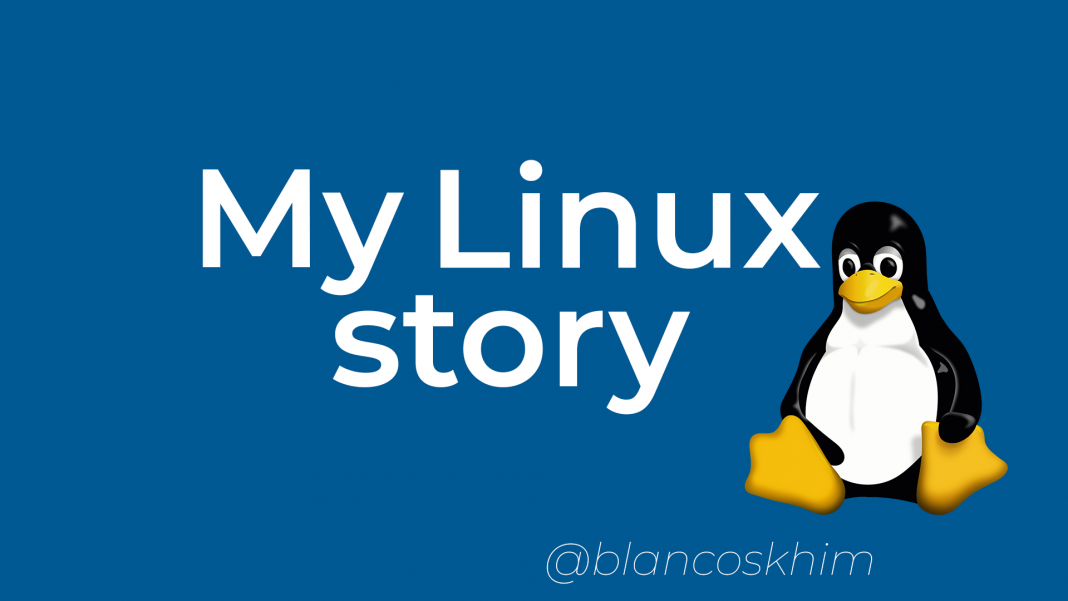Back in 2014, I was in my first yeat at University. My course, as most of the readers here already know, was Computer Security and Forensics.
The course briefs stated that among other units we had to cover, was one called “Penetration Testing”. This was a term I’d never heard before. You see, being a young guy, the term gave room for a lot of interpretation. But that was quickly thwarted by the task ahead; diving into the world of hacking.
To be honest, I knew all about the theoritical aspects of hacking. That is the recon, the act and the post-exploitation stages, to be broad. But the term hacking didn’t have a substitute for me, and at least to others in my class. I never knew there could be black, gray and white hackers. I knew that al hackers are just that, hackers.
The first lesson was just introducing the normal theoritical notes, and making us feel like we knew nothing about computers and systems. So afterwards, I went to a favorite place, where the tech students had created a kind of cradle to plug into the school internet backbone, and started my research about Penetration Testing.
Enter Kali Linux
That’s where I came accross an OS called BackTrack. See, this was so hyped on internet forums that I couldn’t just wait to get it fired on my machine. But wait; I never knew what Linux is in the first place. So I had to learn what i Linux, and how it is a different OS from Windows. Up to this point actually, I think I was sure that Windows was the only possible Operating System that can be installed on computers.
I had VMware installed on my machine. I downloaded the BackTrack ISO file and fired it on my VM.
And it is at this moment that I almost grew wings ladies and gentlemen. A reddish desktop with icons like those I saw in movies were right there in front of my eyes. And to make it better, on my own laptop. I mean, it could never have gotten better than this honestly. I was even more convinced that I chose the correct course. Soon I’d be starring in movies, no?
On Backtrack, befor long my favorite tool was MetaSploit that allowed you to have backdoors on most systems, computer or mobile. Soon, we started having fun at systems that we could find vulnerable.
Before long, there was a new wave after backtrack stopped being supported and they released a newer, improved version called Kali Linux. It promised to have all the features of backtrack, and some more improved ones. It was time to move on. I did my due diligence, fired another Virtual Machine, and installed Kali linux. And true to it’s word, it was realy awesome. It was really ‘cool’.
I remember getting an external storage drive, backing up the contents of my Windows laptop and installing Kali Linux as my go-to OS. In retrospect, that was so naive but the hype about it in infosec communities and the amount of things you could accomplish with it was un-imaginable before then. SO it made sense that I could own power in my own hands and move around ready to pounce, ready to own, just ready.
Later on I decided to do a dual-OS setup, a scenario where you can have multiple operating systems on one computer, and this was more productive. I remember back then, I was one of the few people who’s laptop could never be borrowed since no one else could use it. I was that ‘technical’, haha.
Today
Looking back, I’m glad I got my share of the spoils to enjoy the Linux craze in my days.
I went on to be excellent at Linux. I have used Linux ever since. This went ahead and became Linux servers, like Ubuntu Server and CentOS and a bit of Fedora.
I remember one of my lecturers, Mr. Casto, requiring us to set up a mail server, a firewall and some networking, and that was some of my climax moments.
I am a creator, an innovator. I live to love to see things come to life. I’m a techie, and this is the world I chose, and this is the world I love.
See you in the next one!


